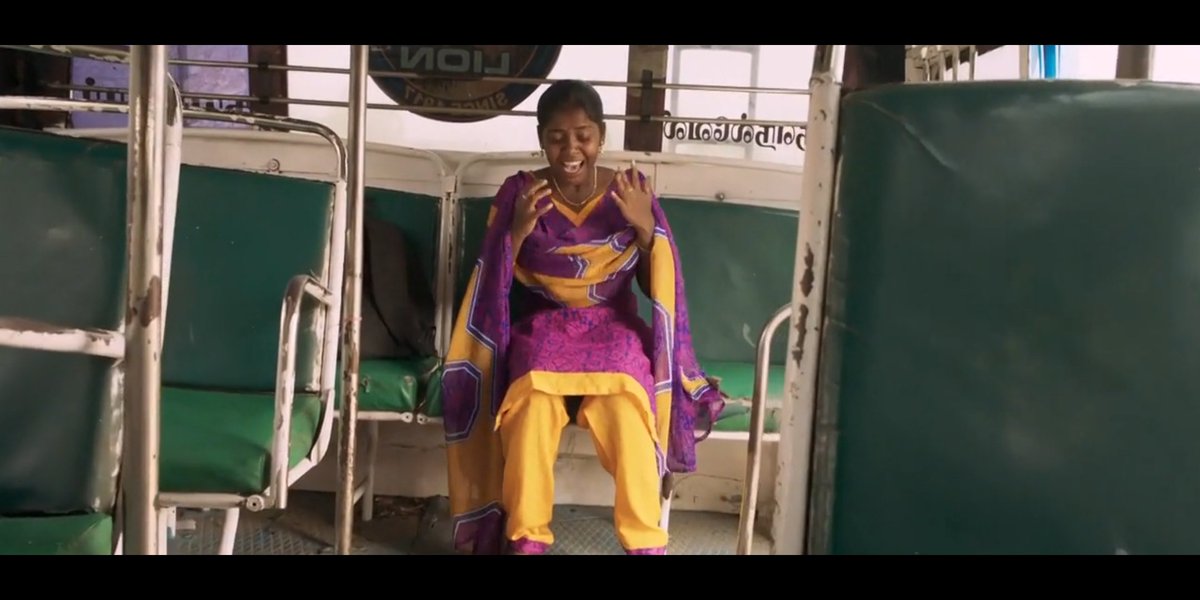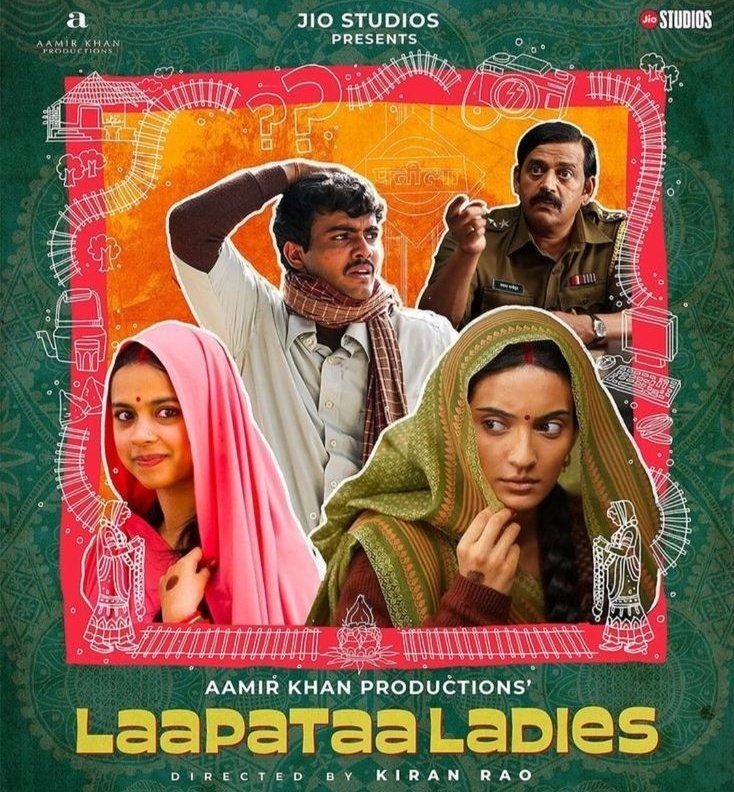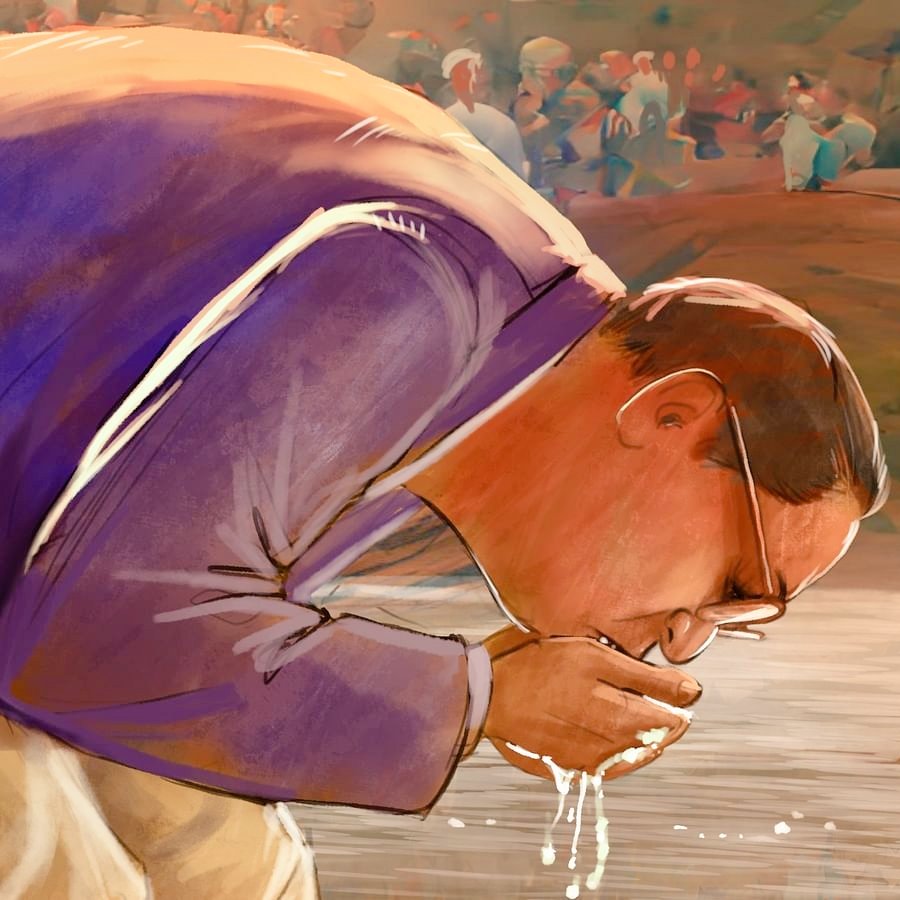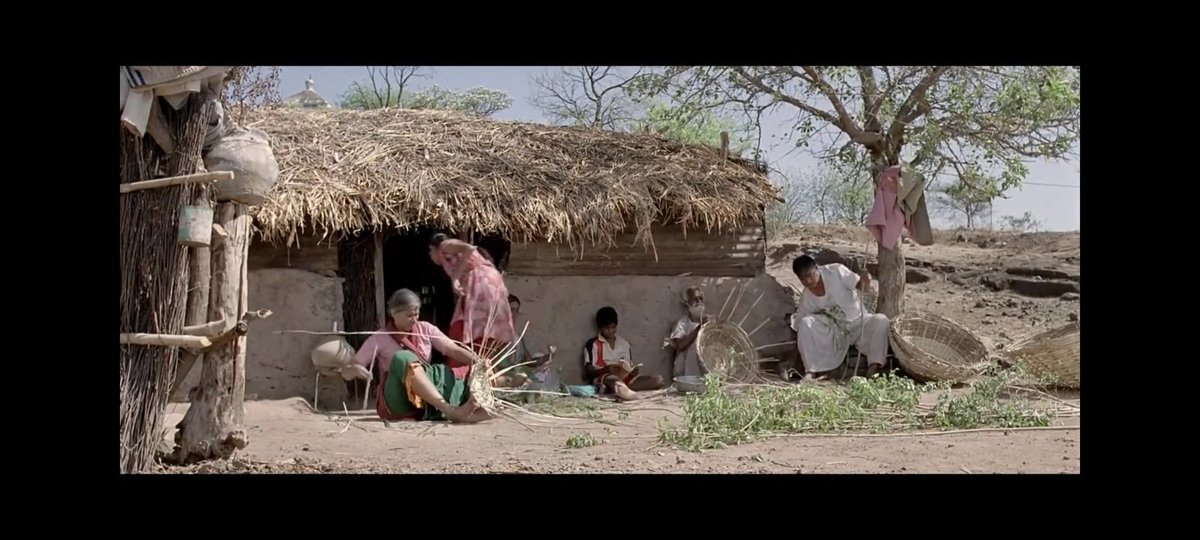"Karuppi" in "#PariyarumPerumal" is the metaphor used by @mari_selvaraj to signify everyone who doesn't understand the Caste system properly, but still suffers because of the Caste system. 

UC old man kills a boy by drowning him in water. Ramalaxmi and his friends will never know the reason. 







UC old man kills a man and there is a shot in which his gf is crying at the last seat of the bus. She will never understand the reason. 

The police officer slaps and kicks the village head of Pariyan's village. He will never understand the reason. 

JO didn't know why Pariyan was upset She will never know about casteist side of her father and relatives. 

Pariyan's father would never understand why he was humiliated by the UC men at his son's Law college. 

The caste is like the train.. you are already tied to the track without your choice.. you can bark but you can't escape.. even if you escape you don't know if you will face another life threatening attack in future. Caste will haunt you even if you don't understand it. 

• • •
Missing some Tweet in this thread? You can try to
force a refresh


















